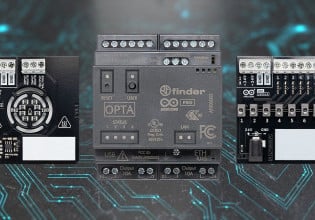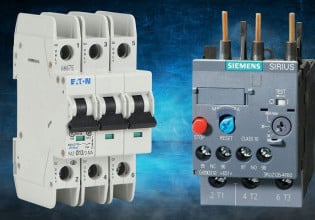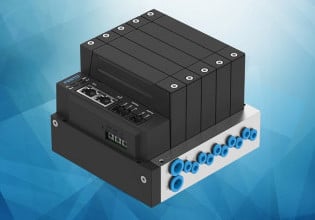Hey everyone, hope all of you are doing great!
I was reading that the gas turbine efficiency is directly impacted by incoming fuel temperature. Seems logical. But I want to know what is the extent of that impact?
How much change in efficiency is expected for lets say a 10 degree C rise in fuel temperature? On an article I read online, although there is an impact but the impact is very little in terms of turbine efficiency. There can be some saving on the fuel as well.
At our site, only one GT has a heater on Fuel Mixing Skid, the rest three GTs don't have a Fuel Mixing Heater. Is it justifiable for having heaters on the fuel mixing skids of the rest of the turbines?
I am attaching the article.
I was reading that the gas turbine efficiency is directly impacted by incoming fuel temperature. Seems logical. But I want to know what is the extent of that impact?
How much change in efficiency is expected for lets say a 10 degree C rise in fuel temperature? On an article I read online, although there is an impact but the impact is very little in terms of turbine efficiency. There can be some saving on the fuel as well.
At our site, only one GT has a heater on Fuel Mixing Skid, the rest three GTs don't have a Fuel Mixing Heater. Is it justifiable for having heaters on the fuel mixing skids of the rest of the turbines?
I am attaching the article.
Attachments
-
820.4 KB Views: 31






